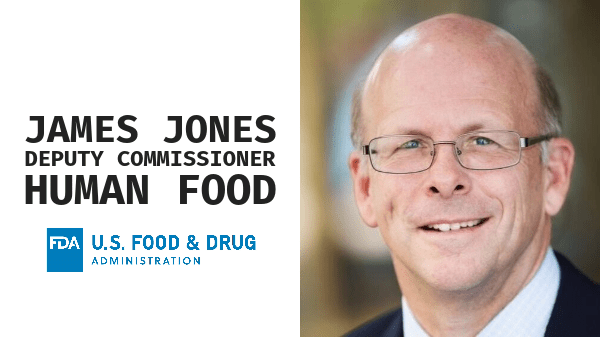The notorious contamination of infant formula over the winter of 2021-22 was a scandal not only for Abbot Nutrition, the product’s manufacturer, but for the federal Food and Drug Administration (FDA), which dawdled for five months before taking action.
“The Center for Food Safety and Applied Nutrition, the little-known food arm of FDA, has repeatedly failed to take timely action on a wide range of safety and health issues the agency has been aware of for several years, including dangerous pathogens found in water used to grow produce and heavy metal contamination in baby foods,” reported Politico.
‘Bombshell investigation’: FDA incompetence – Produce Blue Book
The Reagan-Udall report concluded that “the current culture of the FDA Human Foods Program is inhibiting its ability to effectively accomplish” its goal of food safety. “There are several factors contributing to this culture, including the lack of a clear vision and mission; a disparate structure and a consensus governance model; competing priorities; and the lack of a strong, supportive leader and, when the situation requires, an ultimate decision-maker, who is responsible for the Human Foods Program. The lack of a clear overarching leader of the Human Foods Program has contributed to a culture of indecisiveness and inaction and created disincentives for collaboration.”
The report pointed out that under the structure then in place, three different agencies—the Center for Food Safety and Applied Nutrition, the Office of Regulatory Affairs, and the Office of Food Policy and Response—reported directly and independently to the FDA commissioner on food safety.
This system was the result of a restructuring put in place in 2018, which has since been more or less universally acknowledged as disastrous. The system was ostensibly based on recommendations from the consultants McKinsey & Company, although Thomas Gremillion, director of food policy at the Consumer Federation of America, said it was “frustrating” even “trying to get a copy of the McKinsey report that recommended that structure.”
Gremillion made this comment during a Zoom session on November 13. The event was sponsored by a stakeholder organization called the Alliance for a Stronger FDA. Alison Bodor, president and CEO of American Frozen Food Institute, was another participant.
The Zoom session was principally an interview with James “Jim” Jones, appointed deputy commissioner for human foods in September 2023.
A warm welcome for FDA’s human foods administrator – Produce Blue Book
In the interview, Jones noted that it was “incredibly important” that “those organizations [in the FDA] are going to be taken apart, put together, and reporting to a deputy commissioner of foods.
“It’s not about the talent but about the way the talent was organized,” Jones continued. “In the stakeholder community, praises were sung about the competence and commitment of the FDA staff. It was the most consistent thing we heard on the panel.” (Jones was a member of the Reagan-Udall commission.)
Jones added that the problem is partly “about the people that aren’t here, the number of people that are missing. The organization is under-resourced.”
As for the culture of FDA, Jones emphasized that “culture comes from the top; it’s about how the leadership behaves. I’m going to model this behavior and do it in as many fora as possible.”
Jones also said that he would be going out into the field approximately once a month to understand actual conditions.
The new organizational structure for FDA has not been finalized, Jones noted, but “we are very close” to submitting it to the Department of Health and Human Services, of which the FDA is a part. It would then have to be reviewed by the Congressional Office of Management and Budget and finally go to the relevant Senate and House subcommittees.
“It’s reasonable to target it for June of next year,” Jones said.



